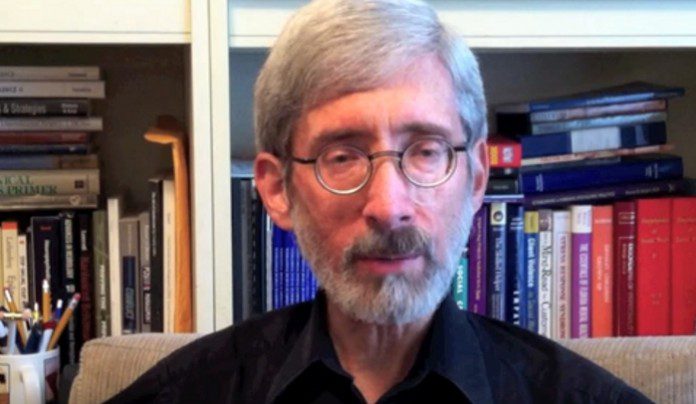In 1843, a Scotsman called Daniel M’Naghten, who was a woodworker, traveled to 10 Downing Street to ambush British Prime Minister Robert Peel because he believed that he was the target of a conspiracy that involved Peel and the Pope. M’Naghten ended up killing the secretary of Mr. Peel. During his trial, psychiatrists testified that he was delusional. The jury agreed and declared him not guilty for reasons of insanity. M’Naghten spent the rest of his life at a mental institution.
Even though the public believed it was an outrage, British judges set the legal standard known as The M’Naghten rule a year later. And that rule has been used ever since. The rule states that a defendant can only be acquitted of they labored “under such defect or reason from disease of the mind” that they weren’t aware what they were doing was wrong.
But is there really an advantage to using the insanity defense? Let’s take a look at the arguments:
List of Pros of the Insanity Defense
1. The defendant escapes the death penalty.
Avoiding the death penalty (a punishment that is also being debated) is one of the biggest advantages of entering an insanity plea. When a client wins a case using this defense, they are given a much more lenient sentence. In the case of M’Naghten, he was put in a mental institution where he remained for the remainder of his life.
2. The defendant is given a lenient sentencing.
Yes, they may have committed an unspeakable crime but for reasons of insanity, they are given a less harsh punishment than the one they committed. Some just don’t view allowing someone to die because they were not in their right mind when the crime happened. But the thing is: not all those who plead insanity are actually insane. Forensic psychiatrist Jonas Rappeport said “When you’ve got no better defense, that’s the way to go.”
3. The life of the defendant is spared.
Committing a capital crime is punishable by death and because someone accused of such a crime can plead insanity, their life can be saved in the process. The argument for putting to death someone who has committed a terrible act is another discussion, but families and the public who believe the defendant is guilty want a severe punishment for the person who took away a life.
List of Cons of the Insanity Defense
1. It doesn’t guarantee success.
The insanity defense is used in less than 1% of felony cases and it’s only successful for a handful of those. The cases of James Holmes and Eddie Routh in the US were two of the latest to use the insanity plea. Not surprisingly, both were not successful.
2. It is difficult to prove.
Several tests for mental illness need to be performed on a defendant just to ensure they were really not sound of mind when they committed a crime. Then again, it’s not always a guarantee as well. Jonas Rappeport, a forensic psychiatrist who has a quarter century experience as a chief medical officer of Baltimore’s Circuit Court, has seen the insanity defense used by sane people. However, he notes that they were rarely successful.
3. It has been misused.
As mentioned earlier, even sane people plead insanity just to escape jail. It then becomes unfair when they are judged to be as such and put in a mental institution instead of the harsher conditions of prison. Also, using the insanity defense requires lots of evidence that a client truly was not in their right mind when they committed the crime.
Crystal Lombardo is a contributing editor for Vision Launch. Crystal is a seasoned writer and researcher with over 10 years of experience. She has been an editor of three popular blogs that each have had over 500,000 monthly readers.


















